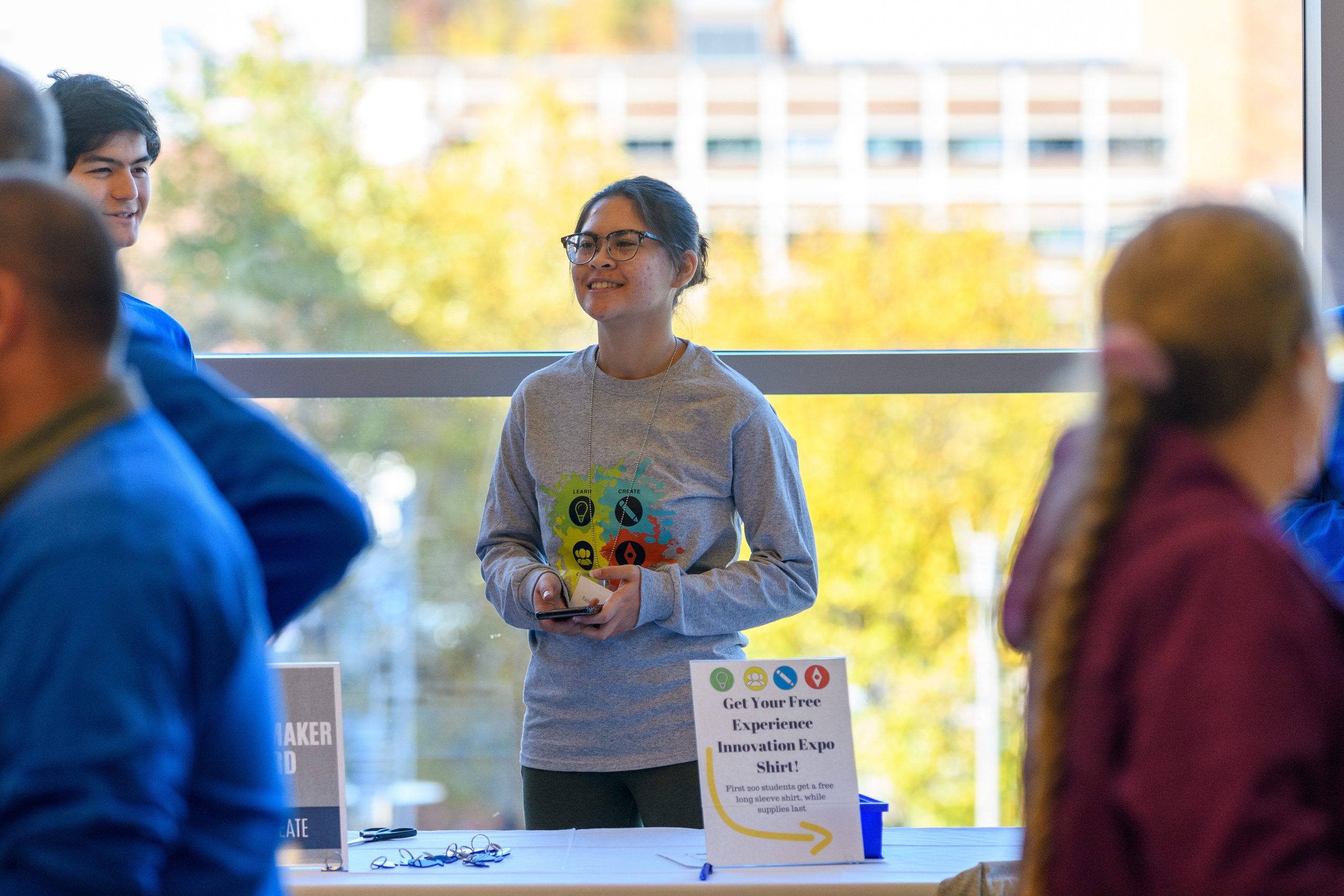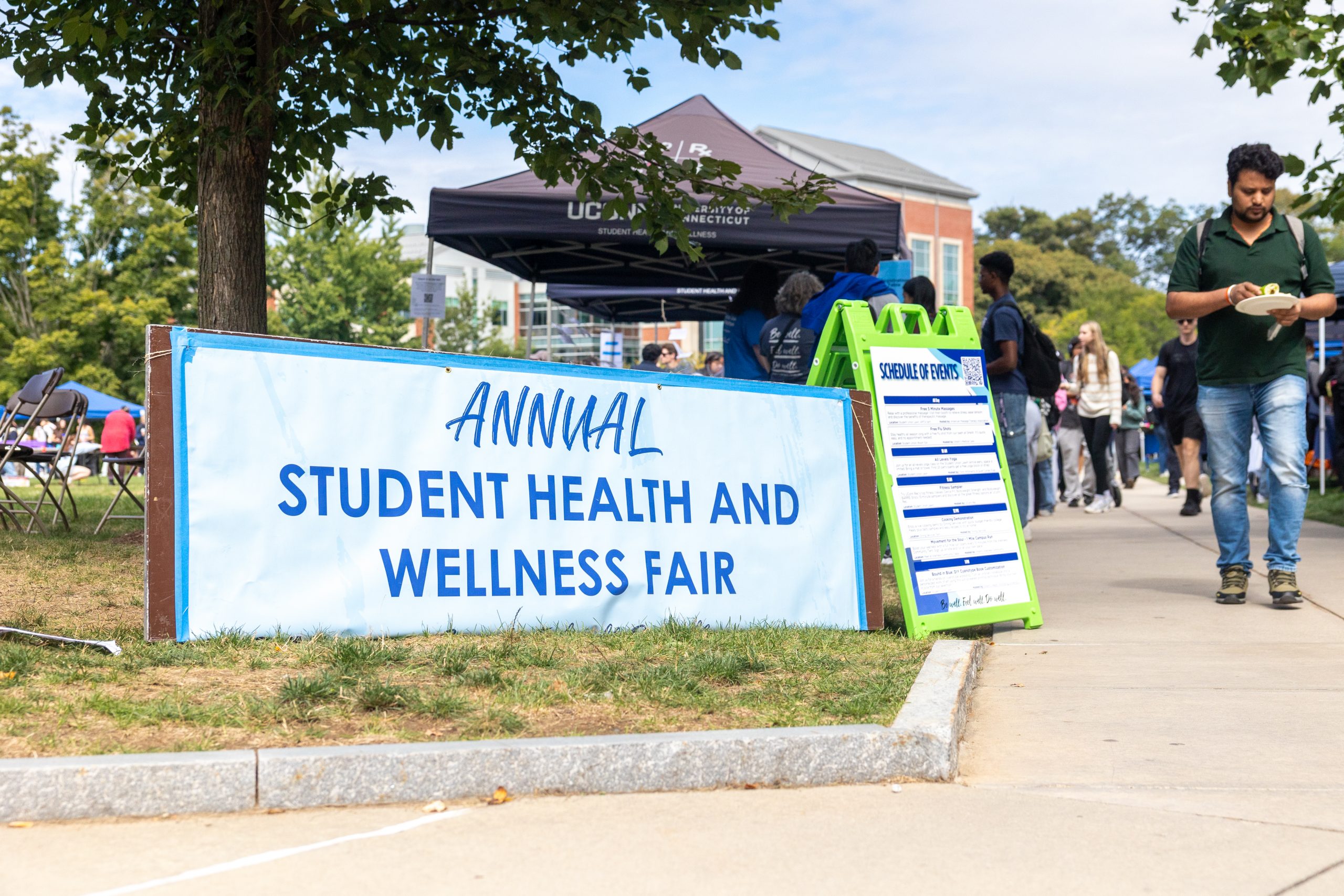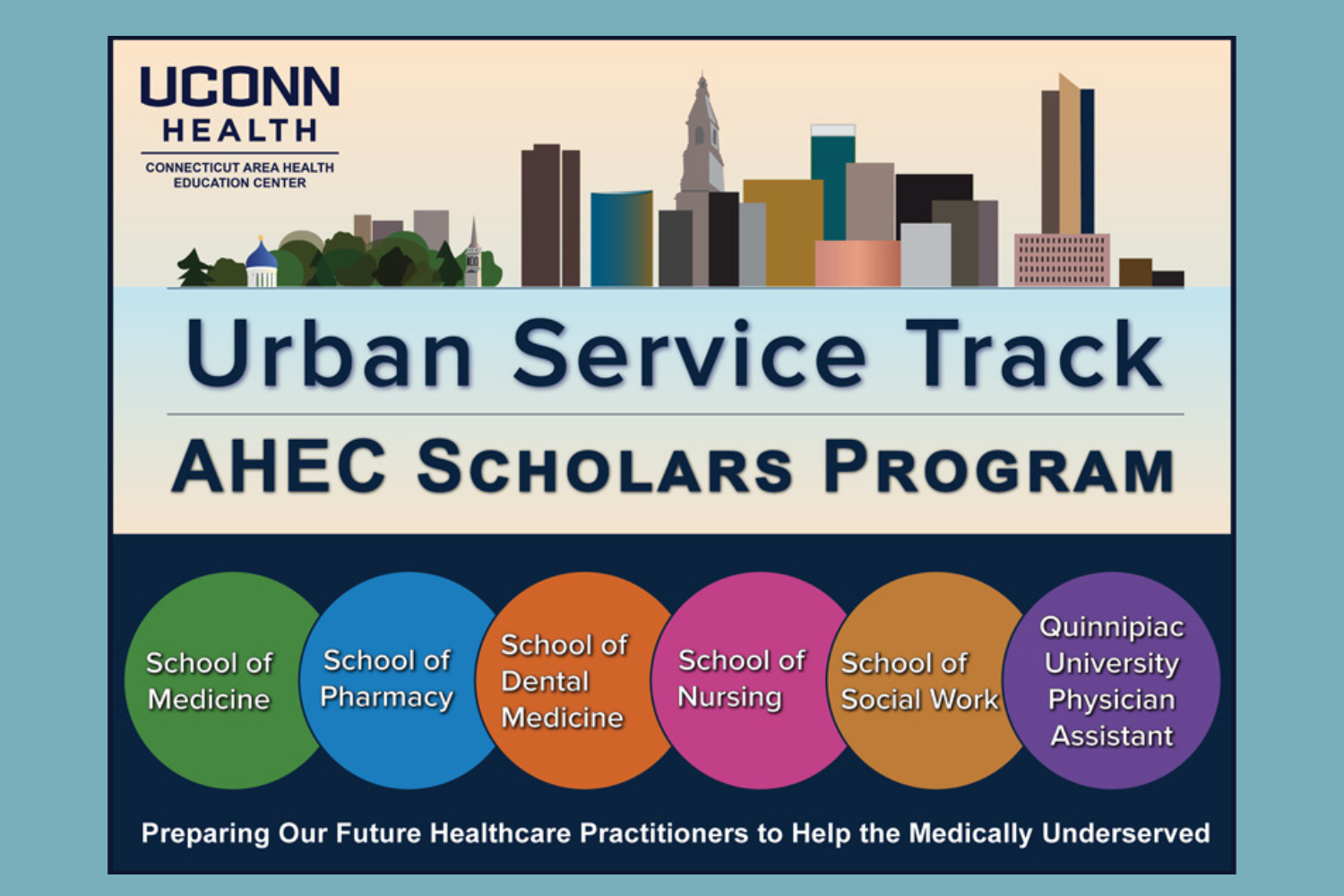Novel Probiotic Application Method Shows Promise as Egg-cellent Growth Promoter for Chickens
Chicken and eggs are among the most popular sources of high-quality protein in the world. With a growing population, making the production of this key food source sustainable is vital.
One pressing obstacle to this goal, however, is antibiotic resistance.
For years, farmers used low dose antibiotics as growth promoters. This improved the birds’ health and enabled them to produce more meat and eggs. However, with the rise of antibiotic resistant infections, antibiotics have been banned as growth promoters, leaving room for a new solution to emerge. That’s where the work of Mary Anne Amalaradjou, associate professor of animal science in the College of Agriculture, Health and Natural Resources, comes in.
With the support of UConn Technology Commercialization Services, Amalaradjou has filed a provisional patent for a method of spraying chicken eggs with commercially available probiotics as a means of promoting embryonic and post-hatch growth.


Existing growth promotion methods are applied after chicks hatch, usually through adding growth promoters like probiotics to their feed. Probiotics or “good bacteria” support the healthy development of chickens.
Amalaradjou decided to see what would happen if you sprayed eggs with probiotics starting on the first day of their incubation period. No one else had tried applying probiotics this early.
“[Human] development during fetal growth is critical for postnatal health and sometimes there are lifelong implications,” Amalaradjou says. “So, the same should be true of birds or other animals.”
Since probiotics are already commonly used in poultry production, this intervention would be easy for farmers to adopt. The method Amalaradjou developed also does not require expensive equipment or extensive training to use. Amalaradjou began observing changes in fetal muscle growth as early as day seven of the 21-day incubation period, highlighting the efficacy of her approach.
“If you’re starting later, you’re missing that important window and the growth potential is not fully realized,” Amalaradjou says.
Amalaradjou published a paper in Poultry Science showing that on day 18 of incubation, there was a 10.6% increase in embryo weight compared to those eggs not treated with probiotics.
This group also had larger breast and leg muscles – the two main parts of the chicken that are sold for consumption. After hatching, these birds saw increased muscle growth as well.
“When we talk about broilers, the money is in the meat produced,” Amalaradjou says. “How many pounds of meat do you get per pound of feed that is fed to the bird? That’s what matters at the end of the day in terms of the economic viability of the farm.”
There are two stages of muscle growth for birds. The first, the development of muscle fibers, occurs while the chicken is still an embryo. The second, the growth of these muscle fibers, occurs post-hatch. From the eggs treated with probiotics, the chicks developed 70-80% more muscle fibers.
“How much the muscle will grow will depend on the number of muscle fibers you have,” Amalaradjou says. “We had more fibers in the embryos of the eggs that were treated with the probiotics, which means post-hatch they have more capacity for growth which means more meat at the end of the day.”
Amalaradjou also studied layers – birds raised to lay eggs.
With the probiotic spray, Amalaradjou observed a 5% improvement in how many eggs successfully hatched. Amalaradjou published these findings in Poultry Science.
“We got more chicks hatching,” Amalaradjou says. “These chicks were also healthier, heavier, and better-developed.”
The chicks were more active and alert, meaning they sought out food and water to support their continued growth. Ultimately, these chicks ate less but gained more weight, an important cost-saving measure for hatcheries.
Their bones were also heavier and hence stronger, which is especially important for hatchery chickens since much of their calcium is diverted to their eggs, leaving the hens susceptible to fractures.
Through a USDA funded project, Amalaradjou is now investigating the egg production among layers to see if those treated with probiotics before they hatch produce more eggs as an adult.
Amalaradjou is also using Next-Gen sequencing techniques to determine why and how she is seeing these outcomes.
Recently, Amalaradjou has also received a USDA grant to study the intestinal development of chickens from eggs sprayed with probiotics.
“The other important thing for these birds is the optimum development of the intestines,” Amalaradjou says. “If it’s well-developed they can digest food better, absorb nutrients better, that means their feed efficiency will be better. It can improve the economic sustainability and viability of the enterprise.”
Latest UConn Today
- UConn Honors Faculty, Staff, Students, and Community Partners at 2025 Provost’s Awards CelebrationThe celebration was held on Tuesday, October 14, at the Jorgensen Center for the Performing Arts Art Gallery
- Uncover ‘Clues to the Future’ at Experience Innovation Expo'If you're looking to have fun, this is the place for you'
- Message on a Bottle: Study Considers How Labels Can Convey Alcohol’s Cancer Risk'Public health practitioners often chase the single best message to use. But that single best message usually doesn’t exist'
- Gift Focuses on Helping Students Find Their Place at UConnThe gift will support a new program to help students build a sense of community and belonging early on at UConn
- Raising the Bar in Healthcare Leadership TrainingUrban Service Track/AHEC Scholars Program is based at UConn Health.
- After Receiving Internship Offers From The Big Four, Accounting Alumna Isabella Williams ’25 Is Thriving at PwCUConn’s Accounting program has a strong track record. Some 91 percent of UConn accounting majors had a full-time job or attended graduate school within three months of the 2025 graduation.













